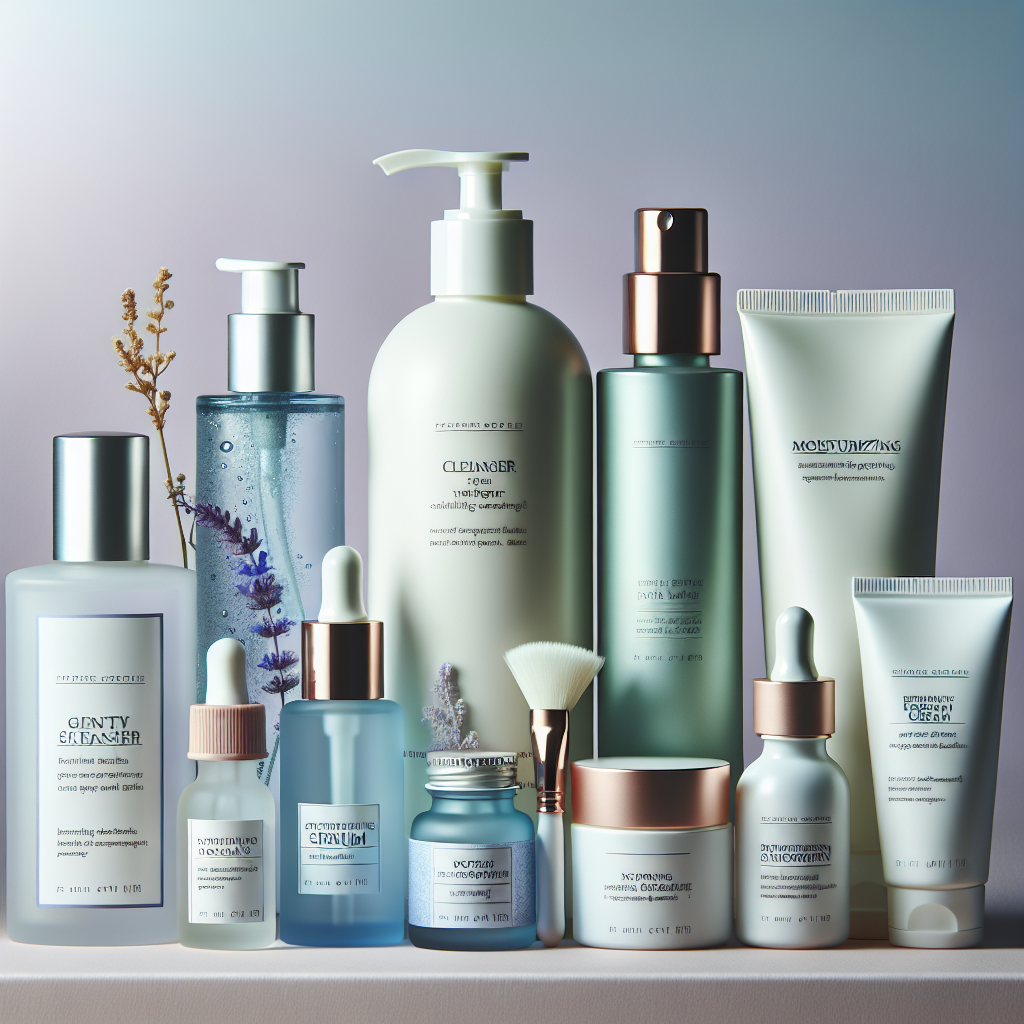In the quest for radiant, youthful skin, we often focus on external treatments and skincare products. However, the health of your skin is also significantly influenced by internal factors, with stress being a major contributor to various skin issues. Stress can lead to hormonal imbalances, inflammation, and a weakened immune system, all of which can have detrimental effects on your skin health. At Avix Health, we understand the importance of holistic approaches to skin health, and in this article, we will explore various strategies for reducing stress to keep your skin looking and feeling its best.
The Impact of Stress on Skin
When the body is under stress, it produces more of the hormone cortisol. This "stress hormone" can lead to increased oil production in your skin glands, leading to acne breakouts. Chronic stress also impairs the barrier function of the skin, potentially resulting in water loss and decreased skin elasticity and firmness.
Moreover, stress can exacerbate skin conditions such as psoriasis, eczema, and rosacea. It can also affect skin hydration levels, which is crucial as proper hydration is a cornerstone of skin health.
Mindfulness and Meditation
Mindfulness and meditation are powerful tools for stress reduction. By focusing on the present moment and becoming more aware of your thoughts and feelings, you can achieve a state of calm that has profound benefits for your skin. Studies have shown that regular meditation can reduce inflammation and improve stress-related skin conditions.
Implementing a daily meditation routine can be as simple as dedicating a few minutes each day to sit quietly and focus on your breath. There are numerous online resources and apps available that can guide you through meditation and mindfulness practices.
Regular Physical Activity
Exercise is a well-known stress reliever, and it also promotes healthy skin. By increasing blood flow, exercise helps nourish skin cells and keep them vital. Blood carries oxygen and nutrients to working cells throughout the body, including the skin. Additionally, exercise can help to flush cellular debris out of the system, cleansing it from the inside.
Regular physical activity can range from yoga, which can improve your skin’s elasticity and help you maintain a balanced, stress-free mind, to aerobic exercises that improve circulation and reduce stress. Fitness is an essential component not just for overall health, but for maintaining vibrant skin as well.
Balanced Diet and Hydration
What you eat has a direct impact on your skin health. A diet high in fruits, vegetables, lean proteins, and whole grains can help your skin get the nutrients it needs to stay healthy. Foods rich in antioxidants, like berries, can protect your skin from the damage caused by free radicals. Omega-3 fatty acids, found in fish and flaxseed, help keep skin moisturized and may reduce inflammation.
Proper hydration is also vital for maintaining skin health. Water helps to flush toxins from your body and keeps your skin cells plump and hydrated. Aim to drink at least eight glasses of water a day, and more if you are active or live in a hot climate.
Quality Sleep
Sleep is when your body repairs itself, and this includes your skin. During sleep, the body’s hydration rebalances and recovers moisture, leading to a smoother and less wrinkled appearance. Lack of sleep can result in poor water balance, leading to puffy bags under your eyes and under-eye circles, as well as dryness and more visible wrinkles.
To improve your sleep quality, establish a regular sleep schedule, create a relaxing bedtime routine, and make your bedroom a sanctuary for sleep. Avoiding electronic devices before bedtime can also help you achieve a deeper, more restorative sleep.
Skincare Regimen
A consistent skincare regimen tailored to your skin type can help manage and reduce the effects of stress on your skin. For instance, using products that contain soothing ingredients like aloe vera or chamomile can calm stressed skin. The best skin care approaches for stressed skin are those that reinforce the skin’s barrier, provide hydration, and reduce inflammation.
If you are experiencing stress-related skin issues such as acne or rosacea, it might be helpful to consult with a dermatologist. They can recommend treatments and products that can alleviate these conditions.
Professional Help and Stress Management Techniques
Sometimes, stress can become overwhelming, and you might need help managing it. This could involve talking to a psychologist or trying stress management techniques like cognitive-behavioral therapy (CBT).
Additionally, you can explore stress reduction workshops or classes that can teach you practical skills to manage stress effectively. These might include time management strategies, deep breathing exercises, or progressive muscle relaxation techniques.
Conclusion
Stress can have a noticeable effect on your skin, but by incorporating stress reduction strategies into your daily life, you can help maintain a healthy, radiant complexion. Mindfulness, exercise, a balanced diet, quality sleep, a consistent skincare regimen, and seeking professional help when needed are all effective ways to manage stress and promote skin health.
For more information on maintaining skin health, don’t hesitate to explore our resources on collagen’s role in skin appearance, natural remedies for skin elasticity, and antioxidants in skincare.
Remember, your skin is a reflection of your overall well-being. Taking steps to reduce stress not only improves your skin health but also enhances your quality of life.



